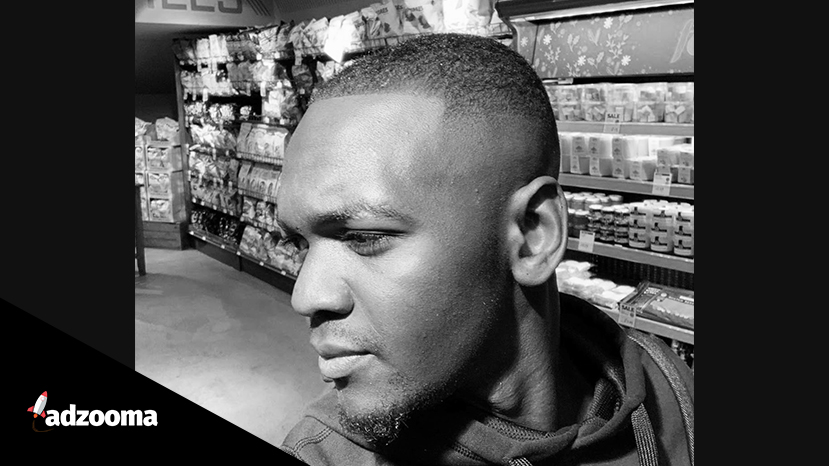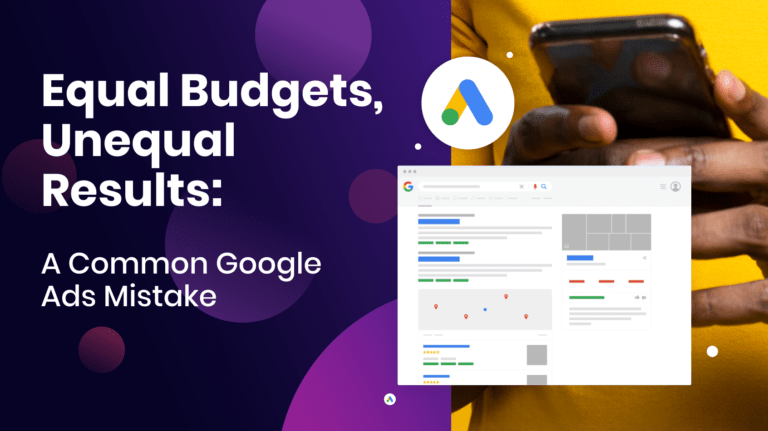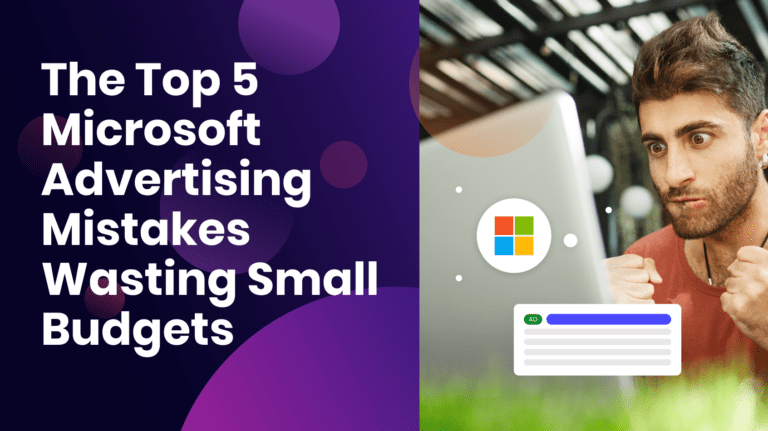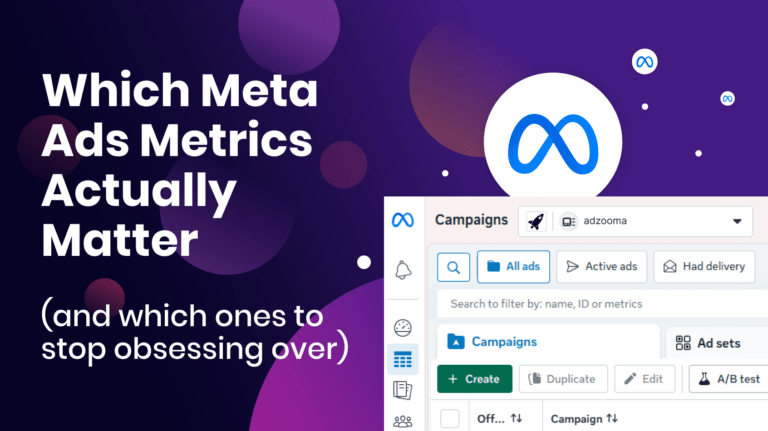I’ll never forget the day.
We were playing outside on our bikes at the bottom of the road. A warm summer’s day. The sort that no-one wants to end as their mother tries to call them in for tea time.
All of a sudden my brother, one year my senior, comes rushing up behind us with… a haircut!
For most 13-year-old boys this is no big deal, but for us, this was a life-changing event.
See up until then, none of us had ever had a proper one before, despite my Dad’s best attempts. I’ll never forget the time I asked my Dad for a Nike tick and got a Sure for Men sign. In all honesty, I should have known better.
The closest I’d got was the chair of a local hairdresser who whipped out a pair of scissors to cut my afro hair, before my parents politely yanked me out of the seat.
This was 2003, when Google was really taking shape. My brother had searched ‘Black Hairdresser’ and a result popped up for the now legendary Jason Stocks barbershop in Preston, about 20 miles from our home in Lancaster. So to the better knowledge of my Mum, he grabbed his paper round money and got on a train alone for the first time.
We couldn’t believe the results. It was sharp, crisp and even came with the signature Raheem Sterling racing line pattern. We sat for the rest of the day as he detailed his day trip step by step.
My Dad arrived in the UK from Nigeria to complete his Economics PhD at the University of Lancaster, the city where we were born, raised and still regard as home.
Although I don’t think I could recommend a better place to grow up as a kid, there were times such as getting a haircut where you realised a sense of otherness.
I open with this example to explain how sometimes inconveniences are very hard to spot when they’re not directly experienced by you.
An invisible problem
Growing up, to all my white friends, my hair was cool and fine. But obviously we knew a different reality. This was often the case, especially when you do a good job ‘fitting in’.
I loved my secondary school and the friends I made there. But it was also one of the worst-performing schools in the county and not many knew the only reason I was there and not at the amazing Church of England school down the road from my home was that they didn’t admit Muslims for secondary school.
I loved my time at O2, but not many other than me stopped to think it was a little strange that I was the only Black person on a 50 person graduate scheme that had over 17,000 applicants.
I loved my time at Google, but again I was the only Black person in a team of 200, that also served Africa, was again strange to me.
Again, I’m not blaming any of these places. At each, I was surrounded by amazing, supportive people that let me bring my whole self to work. Each experience made me who I am today.
Rather, I’m hammering the point that we can all be oblivious to things that don’t impact us directly. Or, perhaps worse, you can assume the difficulty but are often way wide of the mark of actual severity.
In 2018, I tore my ACL (Anterior Cruciate Ligament) and had to undergo knee surgery. Previously, I obviously understood that life for those that navigate London in a wheelchair was tough, but I didn’t realise how tough – and likely still don’t – until I was placed into a similar situation.
What the latest Black Lives Matter movement has done is highlight some of the difficulties that had until now remained buried, which is very important, because as they say – “a problem known is a problem half cured.”
Spending all of my career in tech, I think few would argue that we have a diversity problem, whether it’s with Black participation or gender diversity. But it would be lazy to simply point the finger at the hiring managers at big corporates.
The part of systemic racism most people don’t spend time engaging with is the systemic part. It means the system is fundamentally broken, which means if we want to see progress, we need to address all parts.
If it’s never brought to your attention that people with a regional accent are paid 20% less, that women will lose 17p or CVs with ethnic names have a 4X lower acceptance rate, you can trick yourself into believing it’s laziness or lack of skill that’s holding marginalised communities back.
What we can do
I hold dear that the best way to break down any structural and systemic injustice is to attack information asymmetries. This is when information is given or withheld to create a competitive advantage or disadvantage.
Think back to the old school after work drinking clubs, where all the men would go to the pub and talk shop, leaving the women out of the discussions and the ensuing promotions that come from those conversations.
Black people in the UK form 4% of the population but 40% of the poorest households. It’s very difficult to get an aspirational view of what you’d like to be in those environments, let alone be equipped with the information you need to set you on the path to get there.
Even with my own experience of having a highly educated father, who went on to become a world-leading economist, I hadn’t met a Dentist, Lawyer or Programmer until I went to university. Let alone know what a Venture Capital firm was.
Hopefully, this helps you see why simply attacking hirers in tech cannot be the answer. We need to close these information asymmetries.
If we want to fix the systemic in systemic racism, we must:
- Engage with all underprivileged and underrepresented communities at the grass level
- Guard ourselves from our subconscious biases
- Help create role models within our organisations
Equality is worth the wait.




